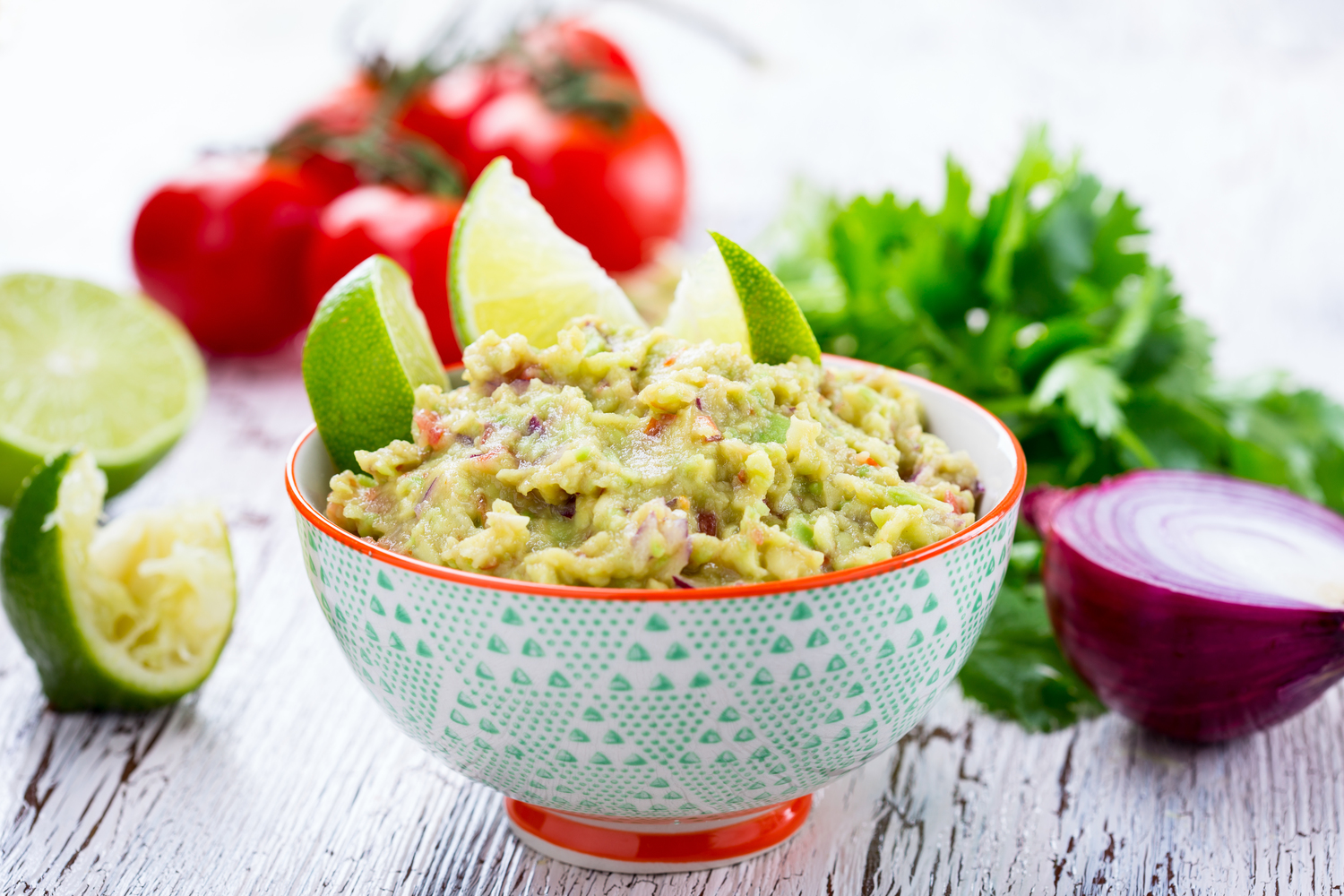Foods & Diets That Help In Living Well With Epilepsy
Epilepsy is a neural disorder in which certain electrical signals in the brain disturb nerve cell activity and causes seizures. This condition can be regulated with the help of medications and certain dietary changes. Herein, we discuss which foods and diets help reduce the symptoms of epilepsy.
Fruits and vegetables
Many researchers say that there is a relationship between an epileptic seizure and antioxidant deficiencies. People who have low antioxidant levels are mostly prone to an epileptic seizure. Fruits and vegetables are a great source of antioxidant contents. To increase antioxidant content in your body, it is necessary to consume a variety of different colored fruits and vegetables.

It is better to focus on non-starchy vegetables such as mushrooms, spinach, broccoli, celery, and zucchini when you are on a ketogenic diet. The ketogenic diet is high in fat, very low in carbohydrates, and moderate in proteins. At least five portions of fruits and vegetables per day are recommended. Dark leafy vegetables are a great choice in vegetables. Broccoli has a good serving size and makes your stomach feel full. When comes to fruits, low sugar fruits are most likely preferable. Dark-colored berries are a great choice in fruits.
Meat and seafood
Meat and seafood are rich in proteins and nutrients; they are also free from carbohydrates. A ketogenic diet insists on very low carbohydrate foods, which helps eliminate seizures. Thus, meat and seafood are a great choice to eliminate epileptic seizure.
It is also recommended to fill your plate with 80 percent of protein content. Poultry, fish, pork, beef, and seafood such as lobster, shrimp, and scallops contain the required protein content. Pasture-raised and grass-fed meats are highly preferable. If you don’t like pork or beef, you can substitute it with lamb, which is high in fat.
Butter and oil
Butter and oil are great sources of fat and enhance your brain functions by helping your body absorb fat-soluble nutrients. Plant-based oils such as canola oil and olive oil are encouraged for epileptic patients.
Nutritionists who insist on these diets to control epileptic seizure also suggests eliminating sugar and sweets to see better improvement in seizure control.
Avoid simple sugars and high-glycemic-index foods. The first important step in following this diet is to avoid a high concentration of simple sugars. These types of foods have high carbohydrates, which are the biggest enemy of epilepsy. High glycemic foods include
- Sweets
Cake, pastries, pies, candies, cookies, ice creams, etc. - Sweeteners
Honey, table sugar and sugar syrup. - Sweetened beverages
Soft drinks, energy drinks, sports drinks, etc.
There are different diets recommended for epilepsy, such as:
Ketogenic diet
The ketogenic diet insists on high fat, moderate protein, and low carbohydrate foods. This is the most common diet recommended for epilepsy.
Medium-chain triglyceride (MCT) diet
The MCT diet insists on taking oil supplement instead of taking food for the fat in the diet.
Modified Atkins diet
It is a high-protein, low-carbohydrate diet. The modified Atkins diet for epilepsy is similar to the ketogenic diet but insists more on protein.
Low glycemic index diet
This is a special diet for epilepsy which is less restrictive. It does not restrict protein or the amount of fat they eat, and carbohydrates are also not as limited compared to other diets.

